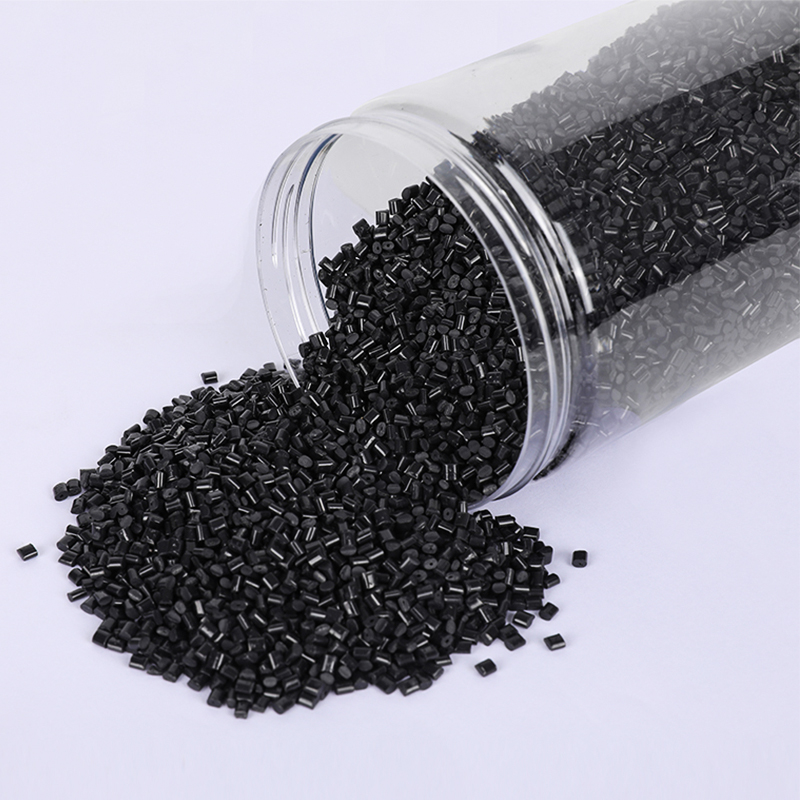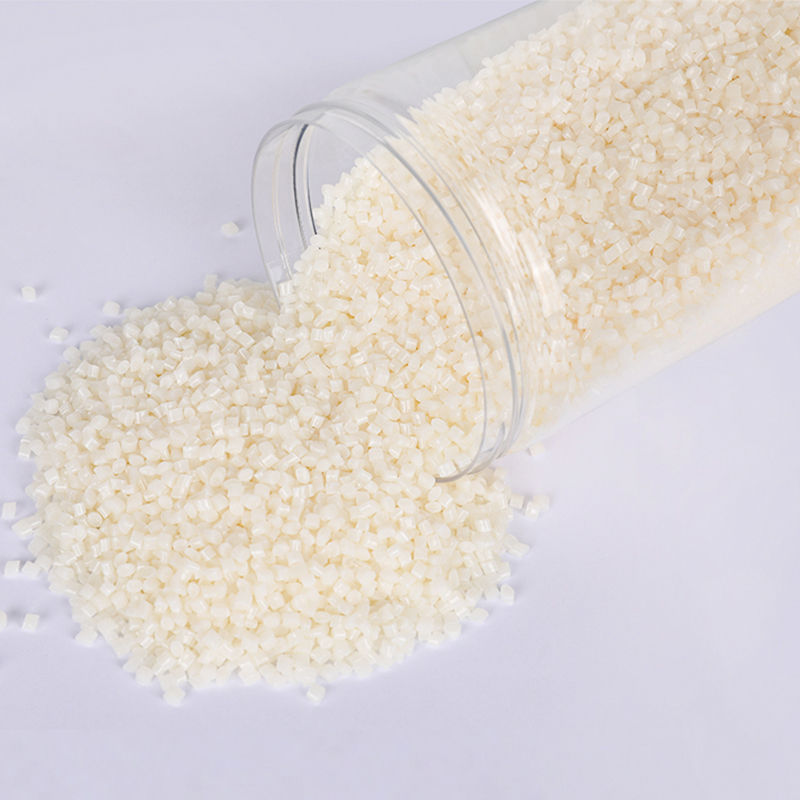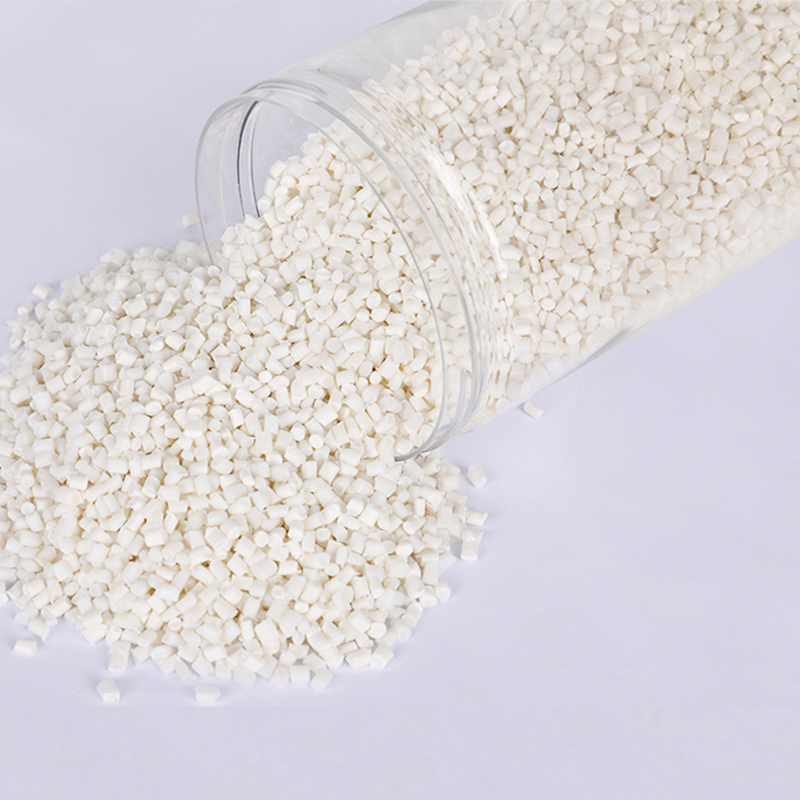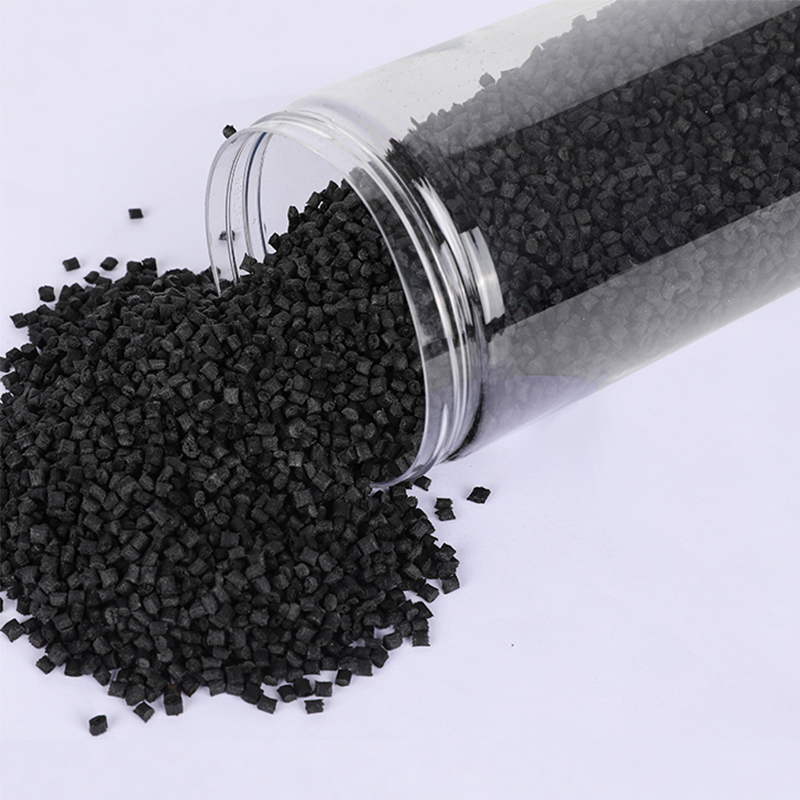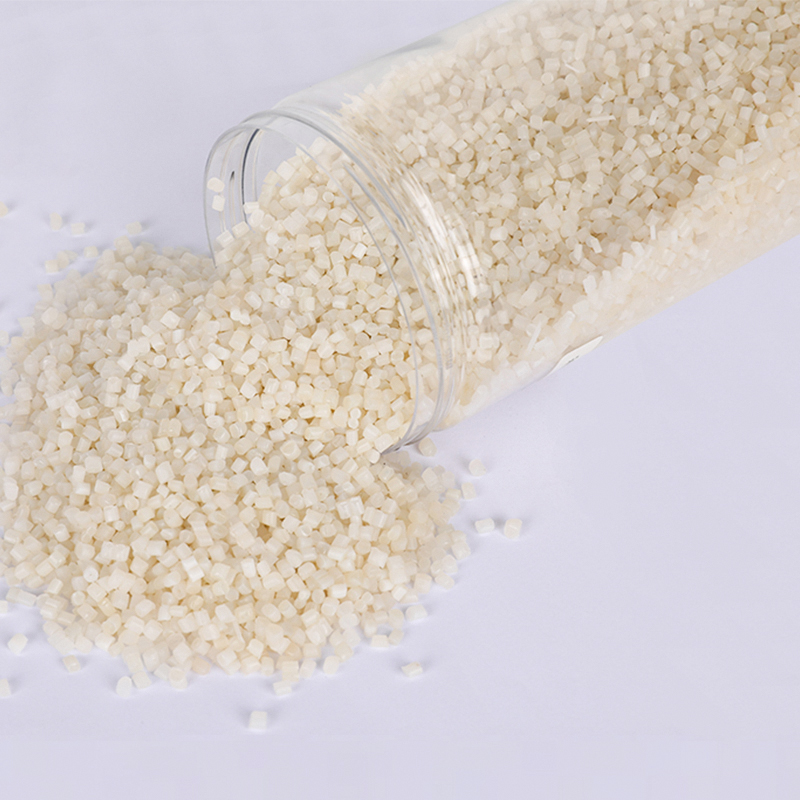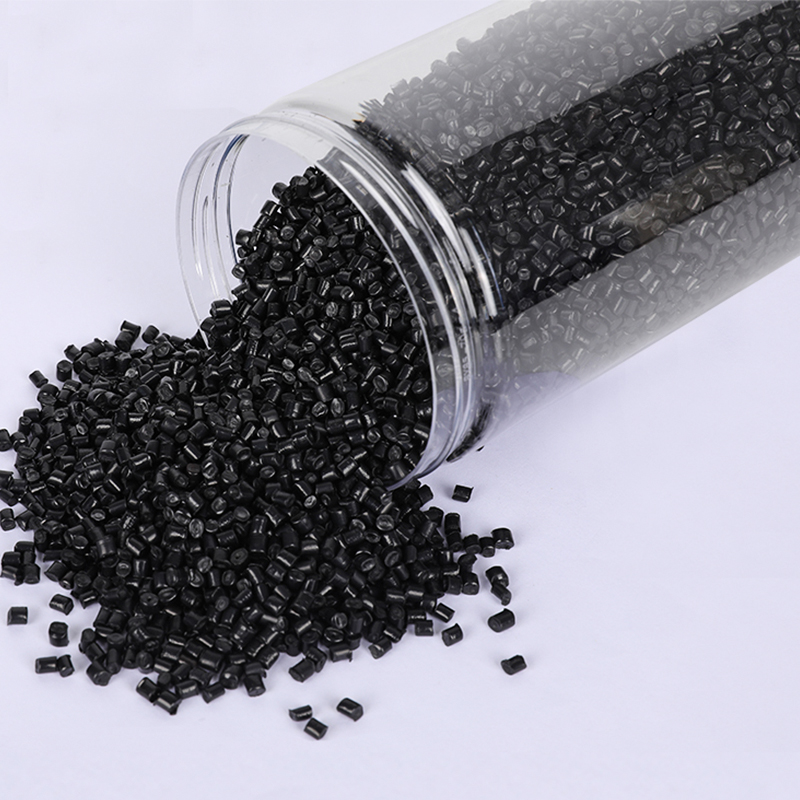Stay up to date with our recent products
Web Menu
Product Search
Exit Menu
Navigating Regulatory Compliance for Exporting RPE Recycled Resin Polyethylene Worldwide
In the global plastics trade, exporting RPE recycled resin polyethylene involves far more than just meeting basic quality benchmarks. Regulatory compliance is a complex and evolving landscape, especially as governments, environmental agencies, and end-user industries increase scrutiny on recycled materials. For buyers sourcing recycled polyethylene across borders, understanding how regulations affect both the material and the final product is crucial to avoiding costly delays or even rejections at customs.
One of the first regulatory checkpoints exporters of RPE resin face is ensuring the material complies with region-specific safety and environmental standards. In the European Union, for example, REACH (Registration, Evaluation, Authorisation and Restriction of Chemicals) governs the safe use of chemical substances, including those found in plastics. Simultaneously, materials intended for food-contact applications must comply with EU Regulation 10/2011, which outlines permissible substances and migration limits. In the United States, the FDA provides its own set of guidelines for recycled polyethylene used in packaging, which can vary significantly from EU regulations. This means that one batch of RPE resin might meet domestic standards but require modification or certification for export.
Another layer of complexity arises from traceability and documentation. High-quality recycled polyethylene resin must be accompanied by transparent documentation detailing its origin—whether post-consumer or post-industrial—as well as its processing history. This isn’t just for due diligence; many international buyers are legally required to demonstrate that the material they’re using in production meets sustainability or non-toxicity criteria. Certifications like GRS (Global Recycled Standard) have become increasingly important for proving the recycled content and responsible sourcing of RPE materials.
For manufacturers like us, staying ahead of these requirements means maintaining robust in-house testing protocols and close collaboration with accredited third-party labs. We routinely test for contaminants, heavy metals, and consistency in melt flow index, so that our RPE resin doesn’t just meet regulatory needs—it performs reliably in downstream applications. From a buyer’s perspective, working with an experienced supplier can streamline the compliance process and reduce the risk of last-minute regulatory surprises that could jeopardize a shipment.
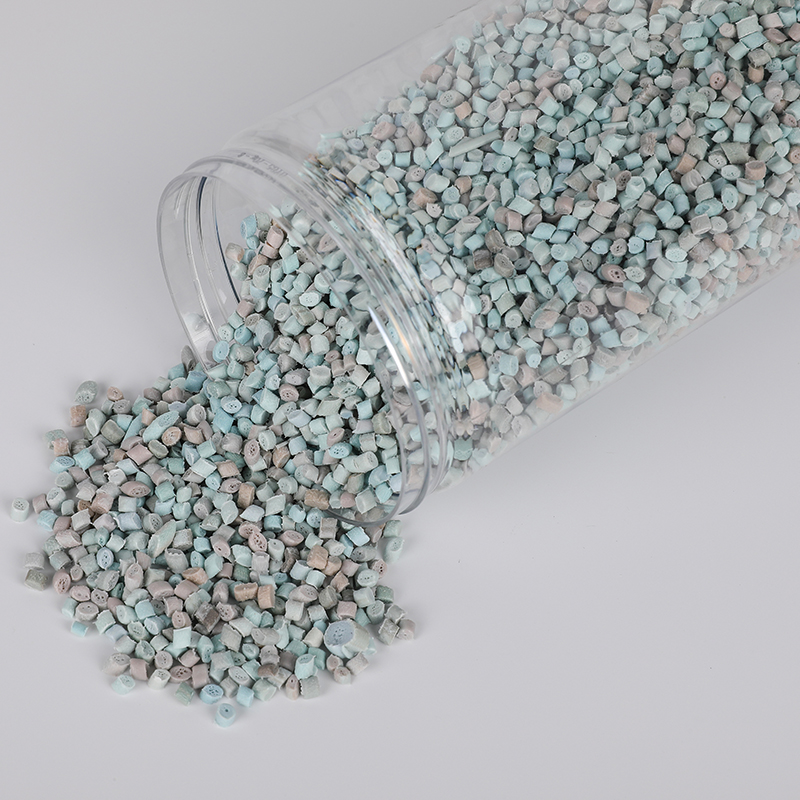
One often overlooked aspect is labeling and customs classification. Depending on the product's end use, RPE polyethylene might need to be declared differently under Harmonized System (HS) codes. Misclassification can lead to higher tariffs or delays in customs clearance. Additionally, some countries require compliance with voluntary but industry-critical programs like RoHS or eco-labeling schemes that recognize low-impact plastic materials. Understanding these nuances is part of the value we bring as a professional exporter with a track record in international trade.
It’s also worth noting that regulations are not static—they evolve with policy changes, technological progress, and environmental pressure. For instance, several Southeast Asian countries have recently tightened import rules around recycled plastics, aiming to reduce low-grade waste inflows. Exporters of RPE recycled polyethylene need to monitor these developments closely and adjust their documentation and product grades accordingly. Buyers benefit most from suppliers who are proactive and well-informed, rather than reactive to shifting compliance demands.
Ultimately, exporting RPE resin is not just about moving goods—it's about building long-term trust and ensuring end-to-end transparency. For businesses looking to enter or expand in international markets, partnering with a knowledgeable supplier who prioritizes compliance from the start can be the difference between success and avoidable setbacks. We understand that your reputation depends on what goes into your product, and that’s why we make regulatory compliance an integral part of how we deliver our recycled polyethylene solutions.
As China PCR Recycled Plastic Granules Factory, We always adhere to the experience and philosophy of "keeping up with the times, constantly innovating, developing efficiently, and cooperating for mutual benefit"

Address: No.11, Wangzhuang Section, Provincial Road 01, Daqiao New Area, Economic Development Zone, Haiyan County, Jiaxing City, Zhejiang Province, China
Phone: +86-18058285678
Fax: +86-0573-86868101
E-mail: [email protected]
SUNRISE GROUP(Overseas Exclusive Agent)
www.sunrisechemical.com
2024 ICIS Global Chemical Distributor Top 8
Export Sales Manager:Helen Zhang
Mob/Whatsapp: +86 19883063465
Email: [email protected]
Copyright © Jiaxing Anyiju Plastic Industry Co., Ltd. All Rights Reserved

 简体中文
简体中文 English
English

